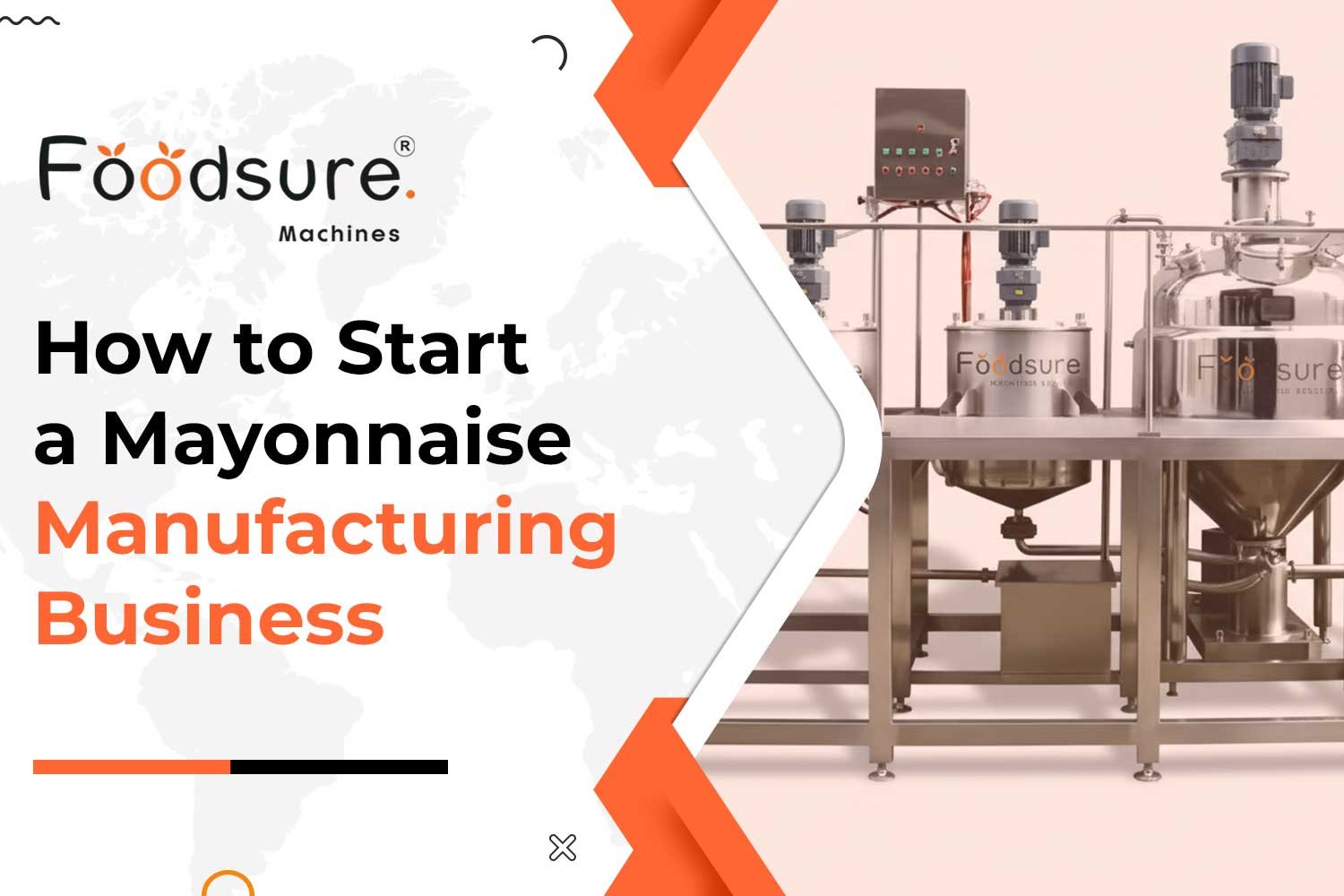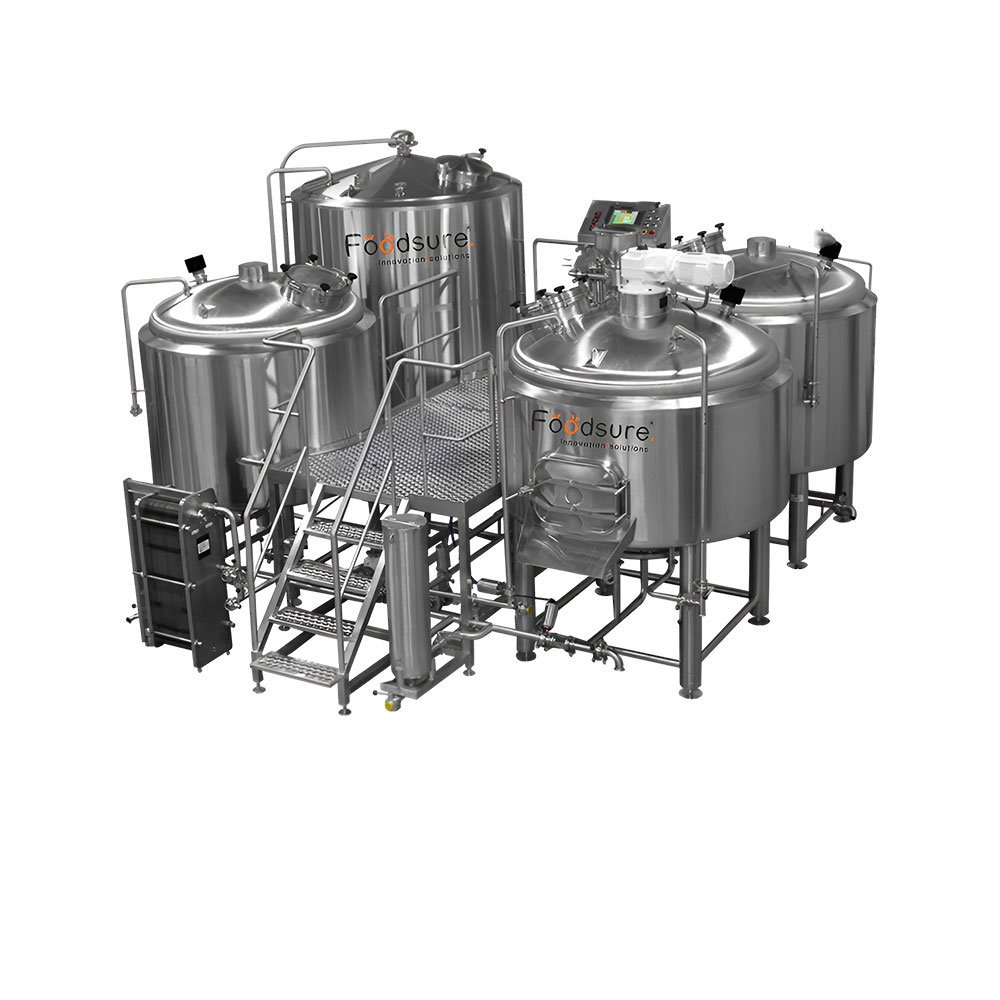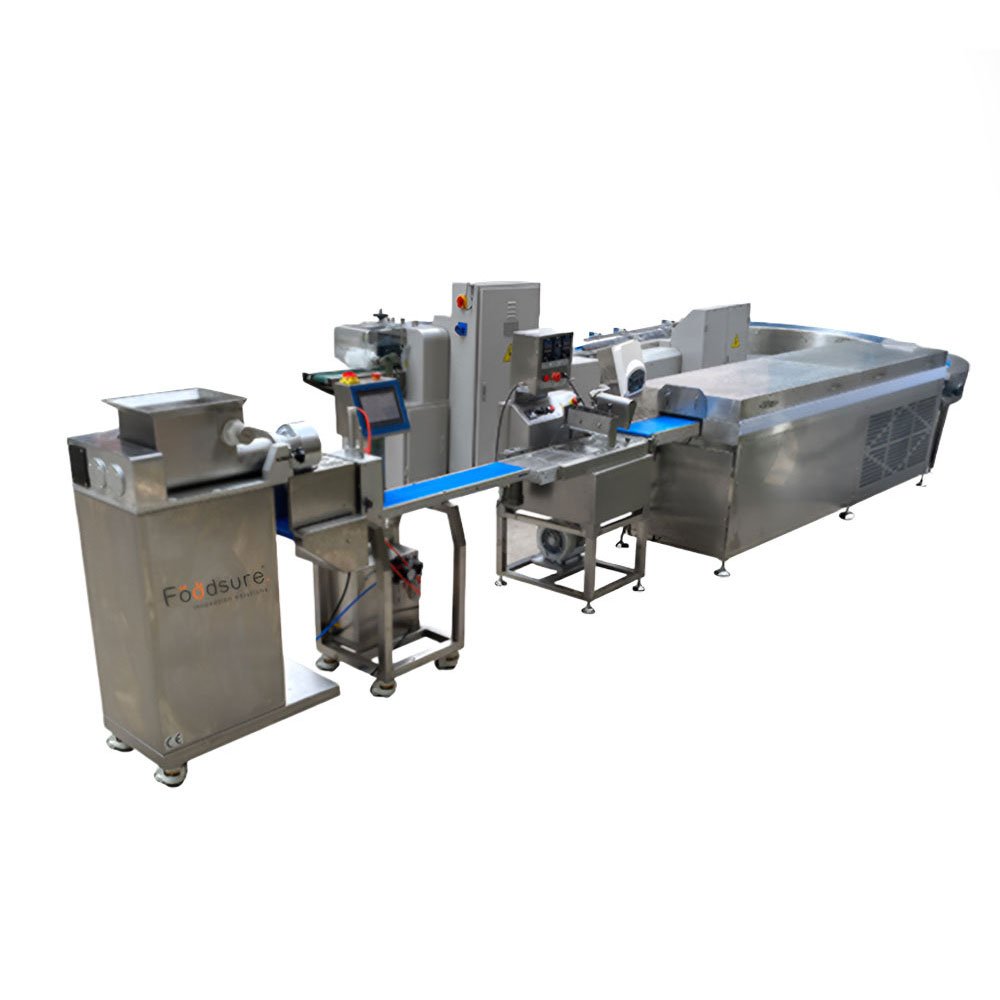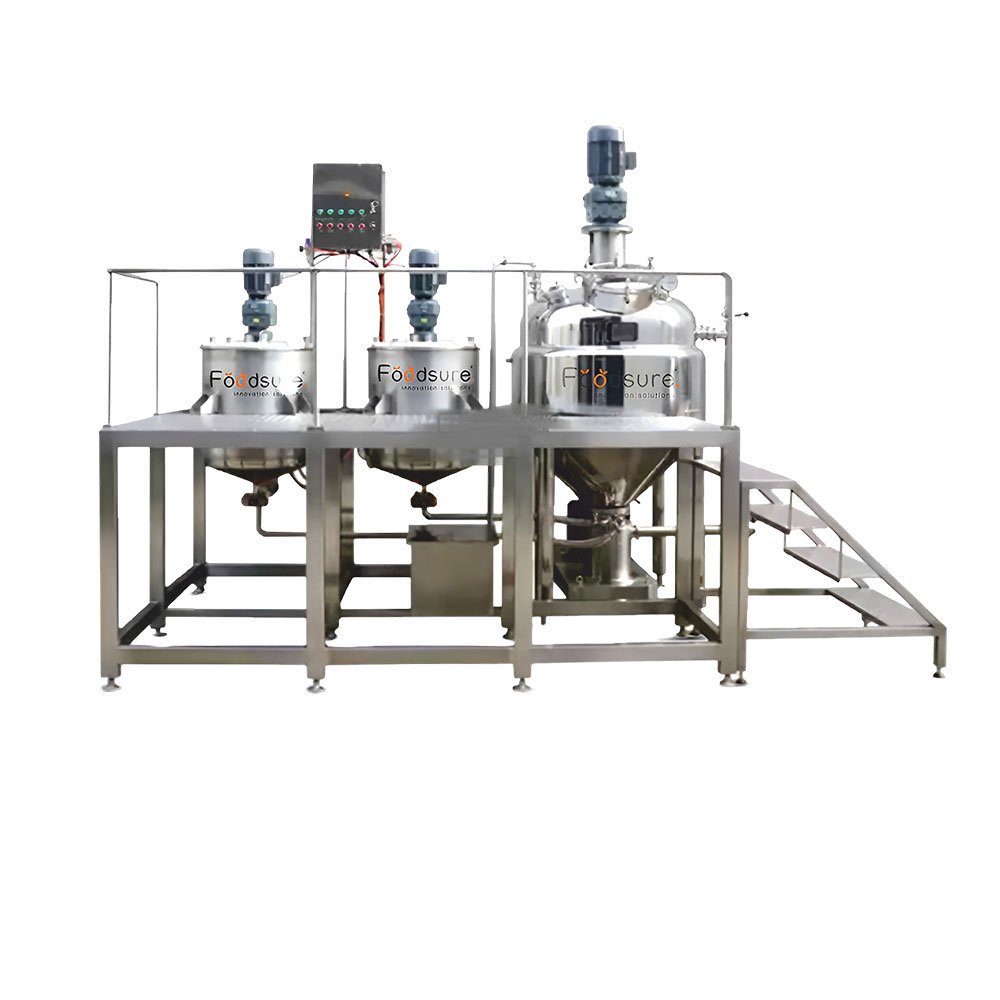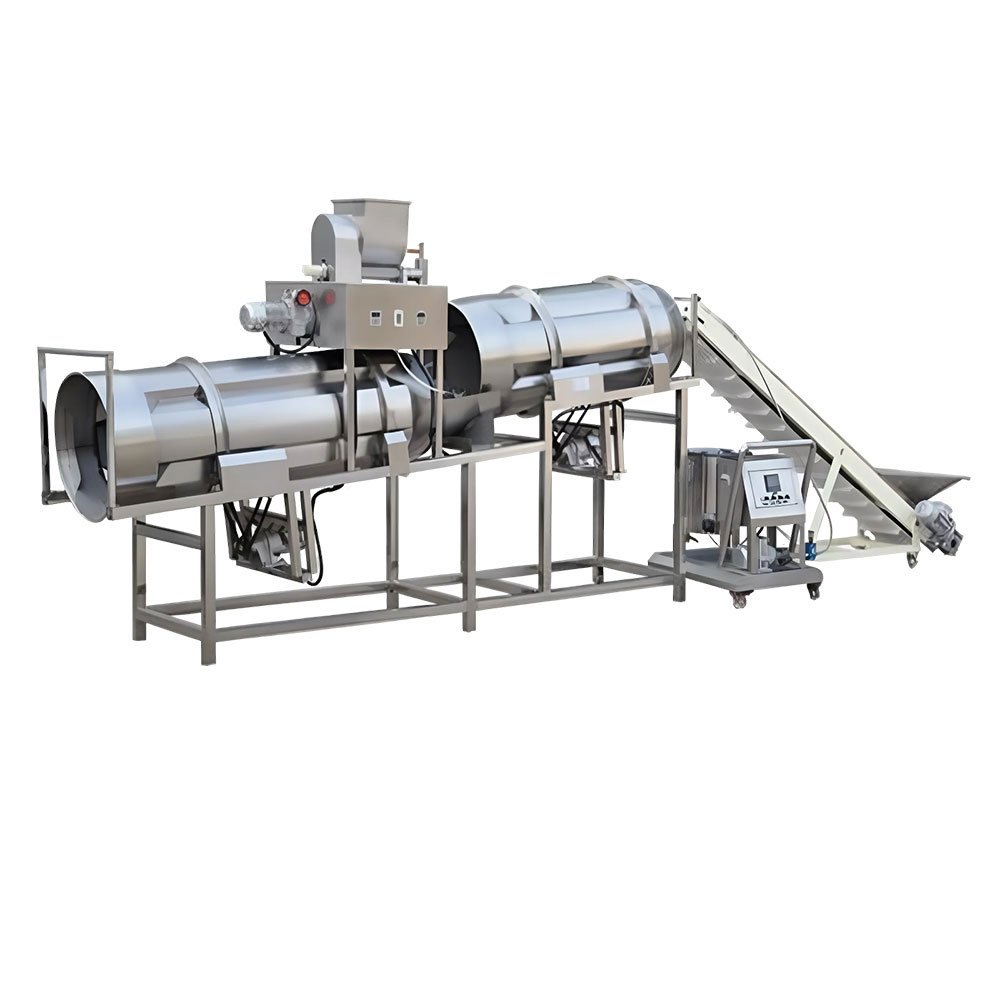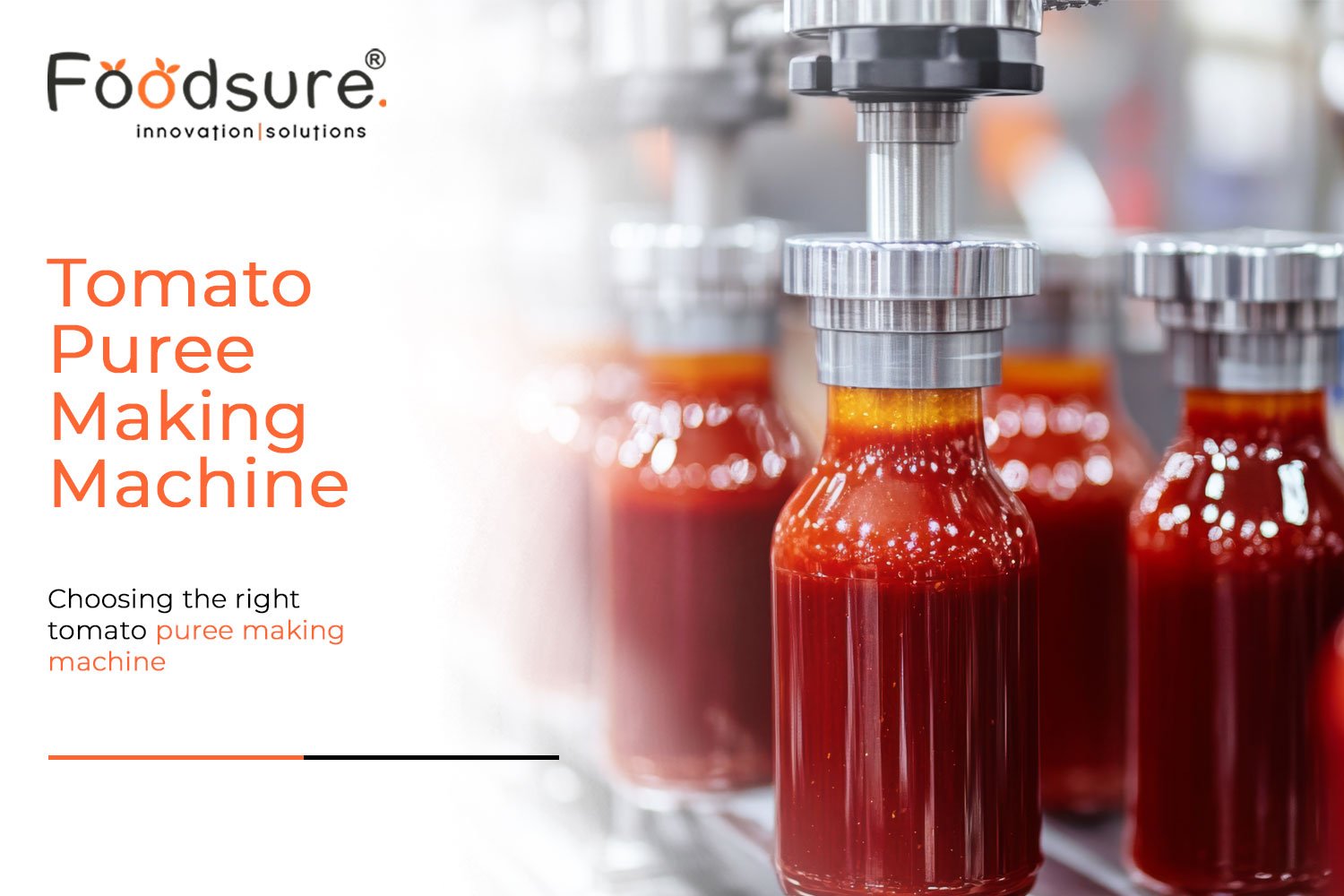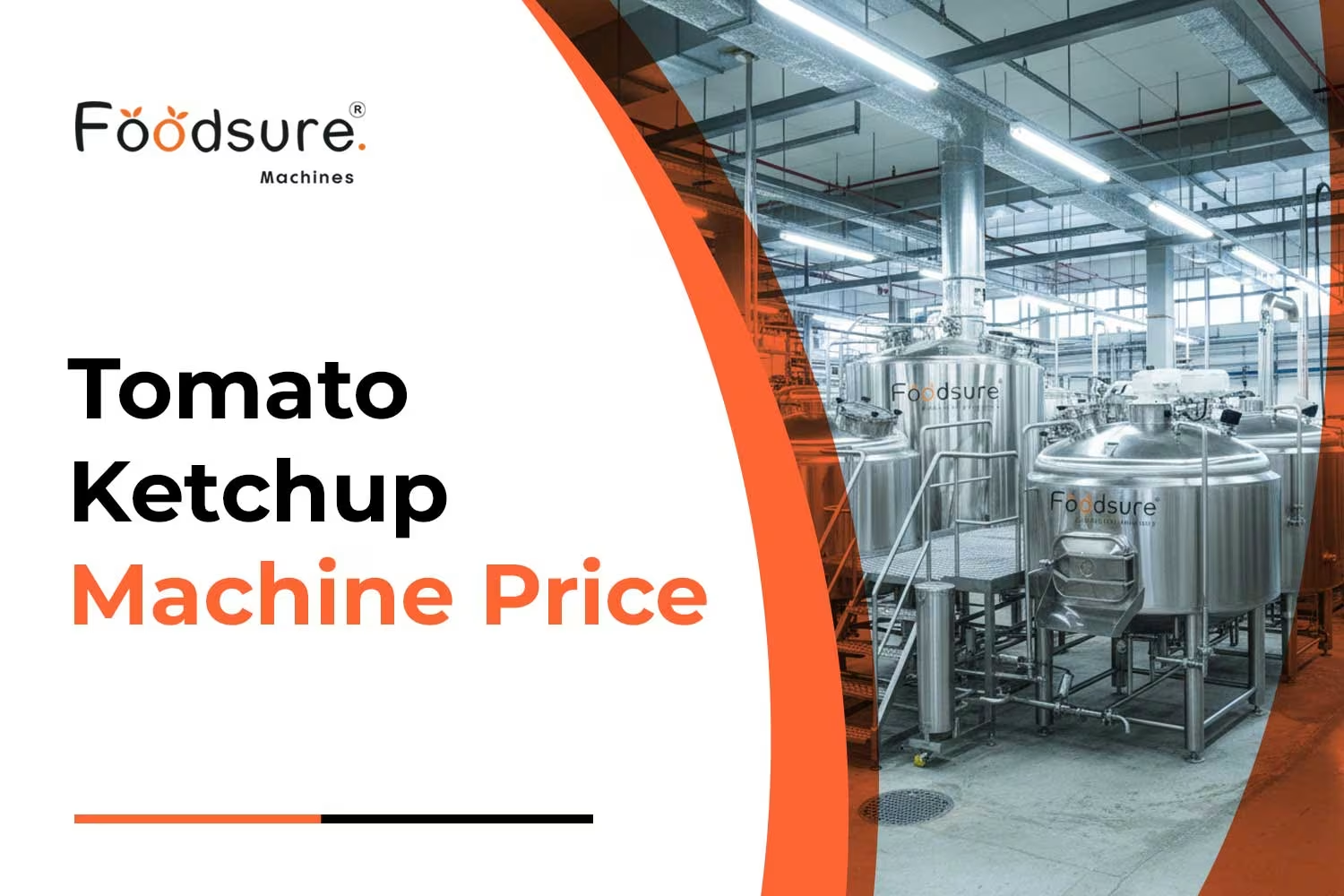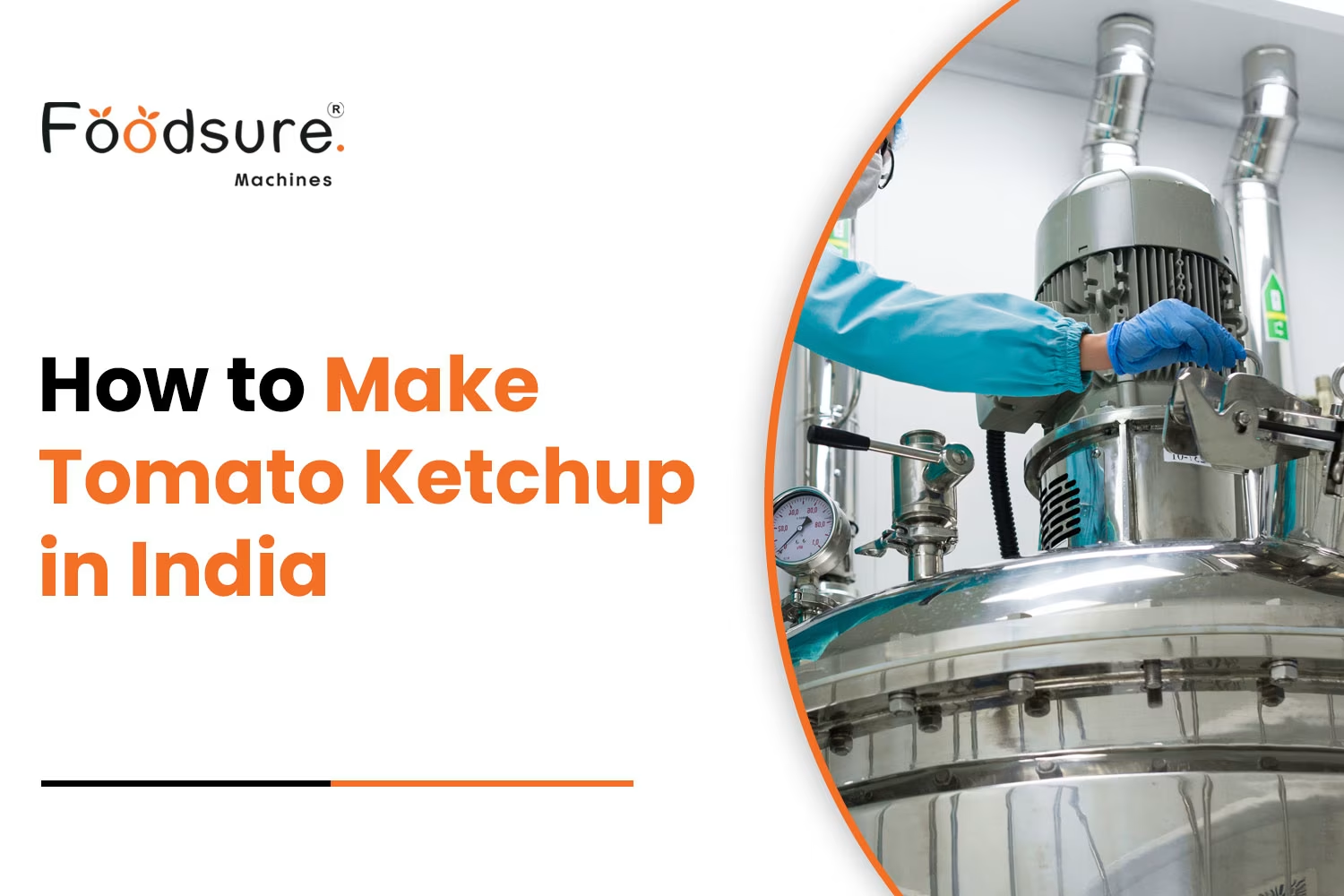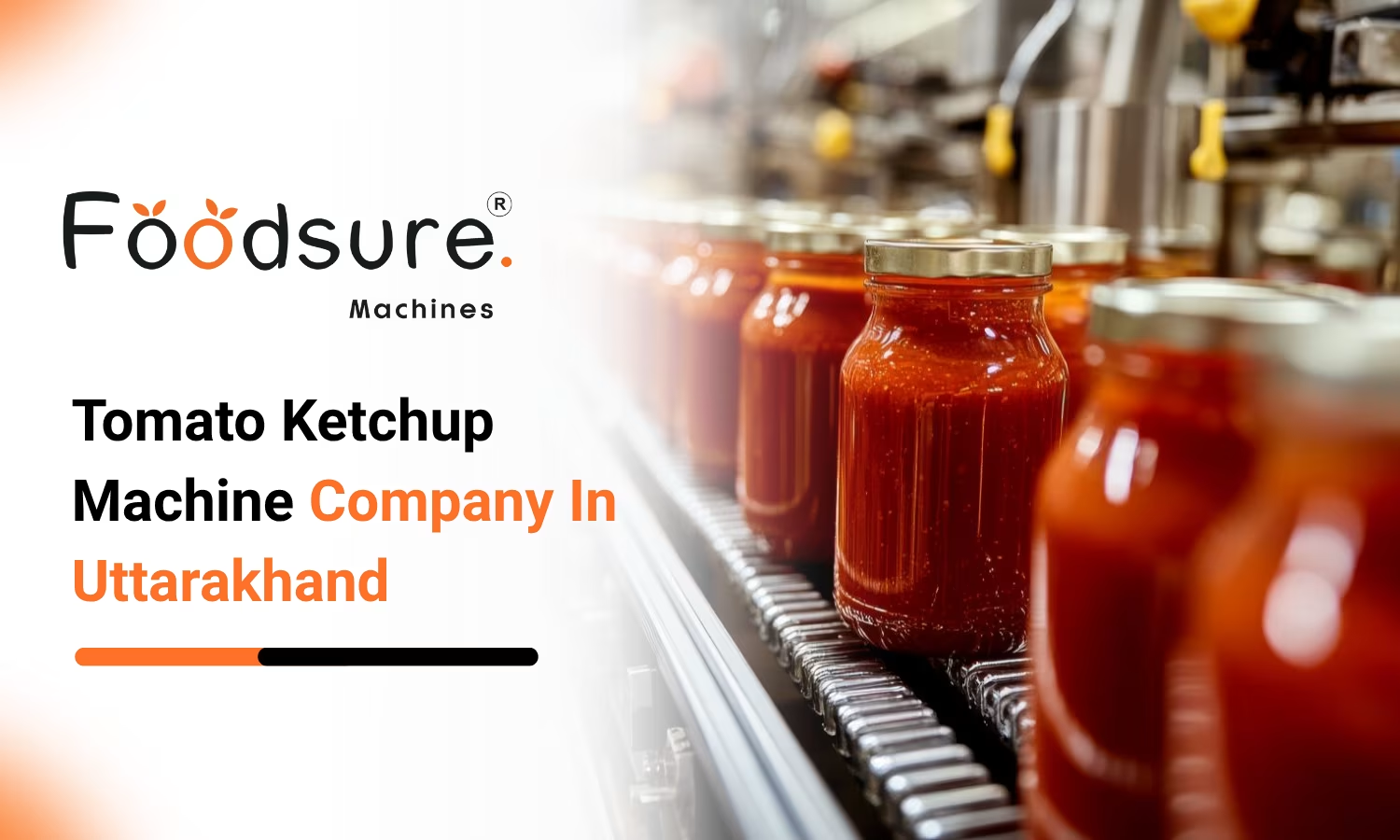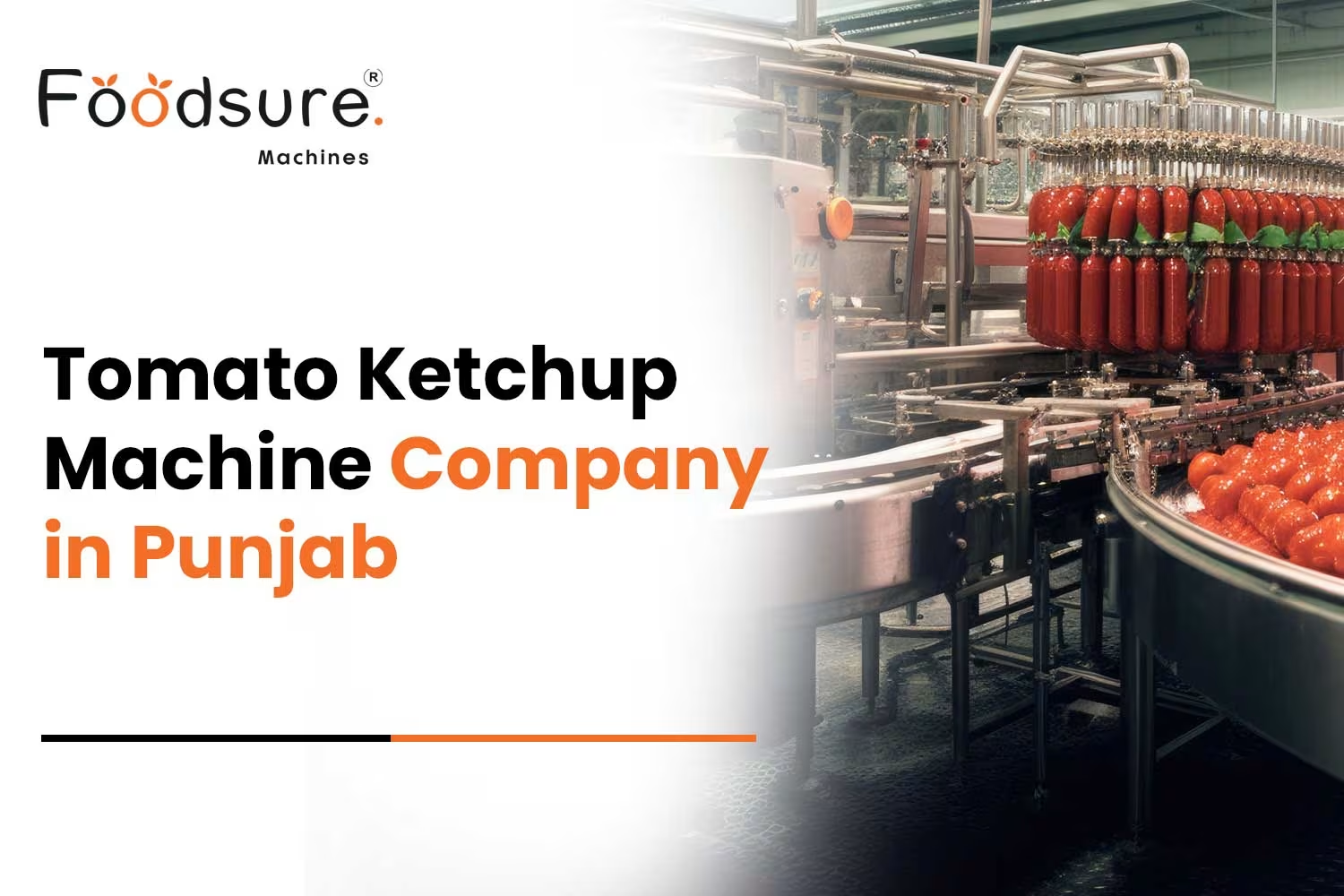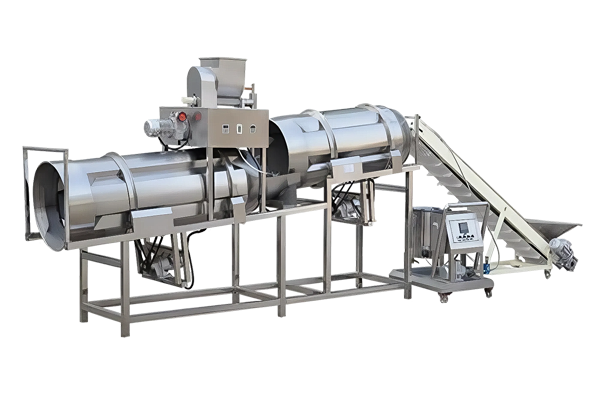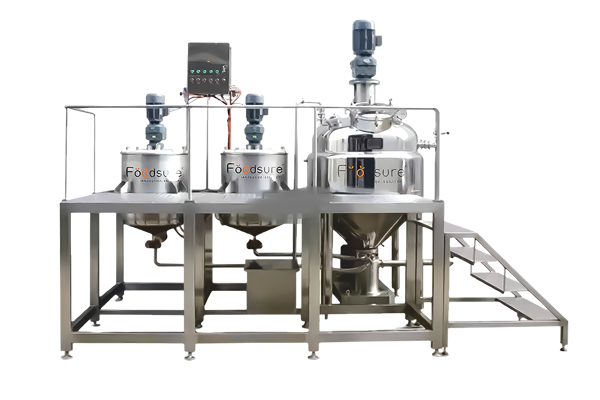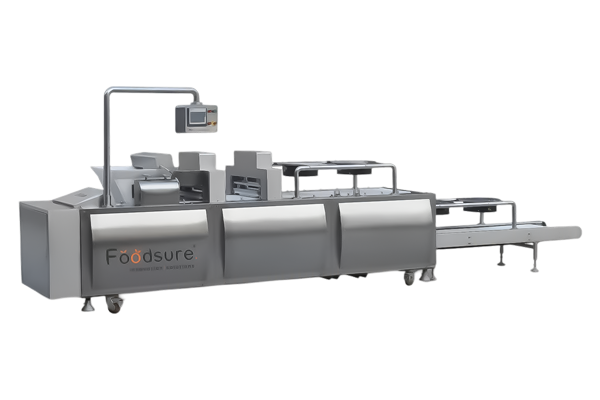The mayonnaise manufacturing business of India is expanding quickly because of rapidly changing food habits and increasing interest in ready-to-eat meals. The good news: there is still room for new players! In large cities and small towns, there is demand from consumers for flavored, eggless, and low-fat mayonnaise. With food processing equipment, you can make good mayonnaise safely and consistently.
What You Need to Know About the Mayonnaise Market
There has been a significant increase in mayonnaise consumption in India. In 2024, it was at 428 million USD, and approximately 800 million USD was expected by 2033 with a per annum growth of approximately 6.5%. Simply invest in food service safe, durable equipment that businesses believe will provide hygienic and stable production with process reliability. Before you know it, you will have developed a business unit that will have the potential for inefficiencies, productivity going forward, improved future margin, and scale.
Read More: Mayonnaise Market Trends 2025: Global Demand & Growth Opportunities
Finding the Right Size for Your Mayonnaise Manufacturing Business
Before determining how large you want your mayonnaise production to be, and making a decision, briefly consider your objectives. Specifically, scale concerns are more than how much capital you will need to get started because they also affect your production process and workflow. So, if you choose the right size, it’s just about starting small or going big; it’s about using your resources productively and setting yourself up for profitability over the long term.
Small Capacity Mayonnaise Manufacturing Plant
- This is suitable for local suppliers, entrepreneurs, and smaller brands.
- Start-up Costs are around ₹10 to 18 lakh (semi-automated).
- This machine has a batch size of 50 to 200 kg/h.
- It has full capability to experiment with multiple recipes and focused markets.
- The space requirement is typically 300 to 500 sq ft.
- It requires a small team, and it can be operated by a small team with straightforward processes.
- These mayonnaise production plant offer a low-cost, simple process, low risk, and low barrier to entry for start-ups, whether in rural or urban areas, to continue building a unique brand.
Large Capacity Mayonnaise Manufacturing Plant
- Set up for long-term, high-volume production (could be 500kg/hr – 3,000kg/hr or more).
- low-fat mayonnaise manufacturing plant cost start around ₹35 to 80 lakh or more.
- It is fully automated and continuous with sanitary cleaning-in-place (CIP) systems and an advanced homogenization process.
- It provides you with a consistent quality and lower pricing for the volume. While it would be more difficult to manage, the capacity to do larger quantity orders and secondary recipes.
- A large capital investment, the ability to employ a higher-skilled workforce, and capacity and infrastructure set up to manage and expand the supply chain are required to operate and scale such a plant successfully.
Read More: 2025 Buyer’s Guide: Fully vs Semi-Automatic Mayonnaise Machines – Which One Wins?
How to Choose Machinery That Fits Your Mayonnaise Manufacturing Business
The essential piece of mayonnaise machine, you will need to have a mayonnaise plant, and why that equipment is essential.
- High-shear mixers: Are the base of production. These function by using high-rotational speeds to make the oil come together with egg yolk and vinegar or lemon juice into a new and stable emulsion.
- Homogenizers or Emulsifiers: Take it a step further and emulsify, or cut fat particles down to a uniform droplet size. By doing this, you can produce a creamy and stable product.
- Mixing tanks: These are stainless-steel tanks that are equipped with either a motorized or agitated mixing unit, which will mix and blend your base ingredients together properly before the next production step.
- Filling Machines: Work semi- or automatic filling of jars, bottles, or sachets by accurately filling, while maintaining hygiene at the same time.
- Pasteurization Systems: Effectively process the product to kill the bacteria while following product rationalization for flavor and quality, while extending shelf life.
- Capping and Sealing Machines: Cap and seal your products with cap machinery so that leaking/ contamination does not occur. Labeling Machines accurately label your product brand, so it is ready for the retail store. Packaging Machines bulk finished products into boxes or cartons.
Legal Requirements for Starting a Mayonnaise Manufacturing Business
- All mayonnaise producers must have either an FSSAI license or registration. For small producers, Basic FSSAI Registration is required (up to 100 kg per day). For medium and large-scale producers, you can either have a State FSSAI License or a Central FSSAI License.
- Having an FSSAI-approved license/registration will show both consumers and your brand that you are committed to hygiene and safe processing and have controls in place for quality. Being compliant means you have some sort of monitoring in place that allows you to meet Food Safety standards.
- By having an FSSAI-approved license, you are building trust with the consumer and creating credibility around your brand. Tracking when to renew your FSSAI-approved license can easily be managed by putting together a system for keeping your documents and records organized.
Cost Breakdown of a Mayonnaise Plant in India
| Expense Category | Estimated Cost (INR) | Notes |
| Land / Plant Space | ₹5–10 lakh | Depends on location and size (300–500 sq. ft. for small-scale setup) |
| Machinery & Equipment | ₹10–80+ lakh | Small-scale: ₹10–18 lakh; Large-scale: ₹35–80+ lakh |
| Licenses & Registrations | ₹50,000–1 lakh | FSSAI, GST, and local permits |
| Utilities & Infrastructure | ₹2–5 lakh | Water, electricity, drainage |
| Packaging Materials | ₹1–3 lakh | Initial stock for jars, bottles, labels |
| Working Capital / Misc. | ₹2–5 lakh | Raw materials, labor, and marketing |
| Total Approximate Investment | ₹20–100+ lakh | Varies based on scale, automation level, and plant location |
Read More: Buy Mayonnaise Machine in India – 2025 Prices, Specs & Best Models
Conclusions
At Foodsure Machines, we help people start their mayonnaise business and make their dreams come true. The machinery we manufacture is made for smooth production, hygiene, and consistency in quality, giving you the confidence to set up your plant, begin production risk-free, and grow your business.
Request Your Free Quote Fast
Please reach out to us anytime via phone or email.
FAQ
Q1. What types of mayonnaise can be processed in a commercial production plant?
Ans: In a commercial production plant, traditional mayonnaise, flavored mayo, eggless mayonnaise, and vegan mayonnaise can be manufactured to satisfy different demands.
Q2. How is mayonnaise manufactured in a commercial manufacturing facility?
Ans: Mayonnaise is manufactured through an emulsion of egg yolk and oil with acidulating ingredients, high shear mixing, a homogenizer, and other equipment to produce stable products with hygienic parameters.
Q3. What would be some of the advantages of manufacturing mayonnaise from a business perspective?
Ans: Some business advantages of manufacturing mayonnaise are a high-demand product, satisfactory profit margins, scalability, opportunities to expand into urban to semi-urban markets, and potential opportunities for exporting if demand presents itself.
Q4. Why was mayonnaise banned in India?
Ans: It was restricted earlier due to hygiene and egg safety concerns.
Q5. How to make mayonnaise in a factory?
Ans: Mix oil, egg yolk, vinegar, and seasonings using industrial emulsifiers.
Q6. Which is the world’s no. 1 mayonnaise brand?
Ans: Hellmann’s is widely recognized as the top global mayonnaise brand.
Q7. What are the raw materials for mayonnaise production?
Ans: Eggs, edible oil, vinegar, water, salt, and stabilizers.
Q8.What are the main ingredients in mayonnaise?
Ans: Oil, egg yolk, acid (vinegar/lemon), and seasoning.
Q9. Is mayonnaise very unhealthy?
Ans: In moderation, it is not unhealthy; excessive intake adds fat and calories.
Q10. What are the ingredients in real mayonnaise?
Ans: Egg yolk, oil, vinegar/lemon juice, and a pinch of salt.
Q11. What are common mayonnaise mistakes in manufacturing?
Ans: Overheating, poor emulsification, or contamination during production.
Q12, What is the danger zone for mayonnaise?
Ans: Temperature between 4°C–60°C promotes bacterial growth.

